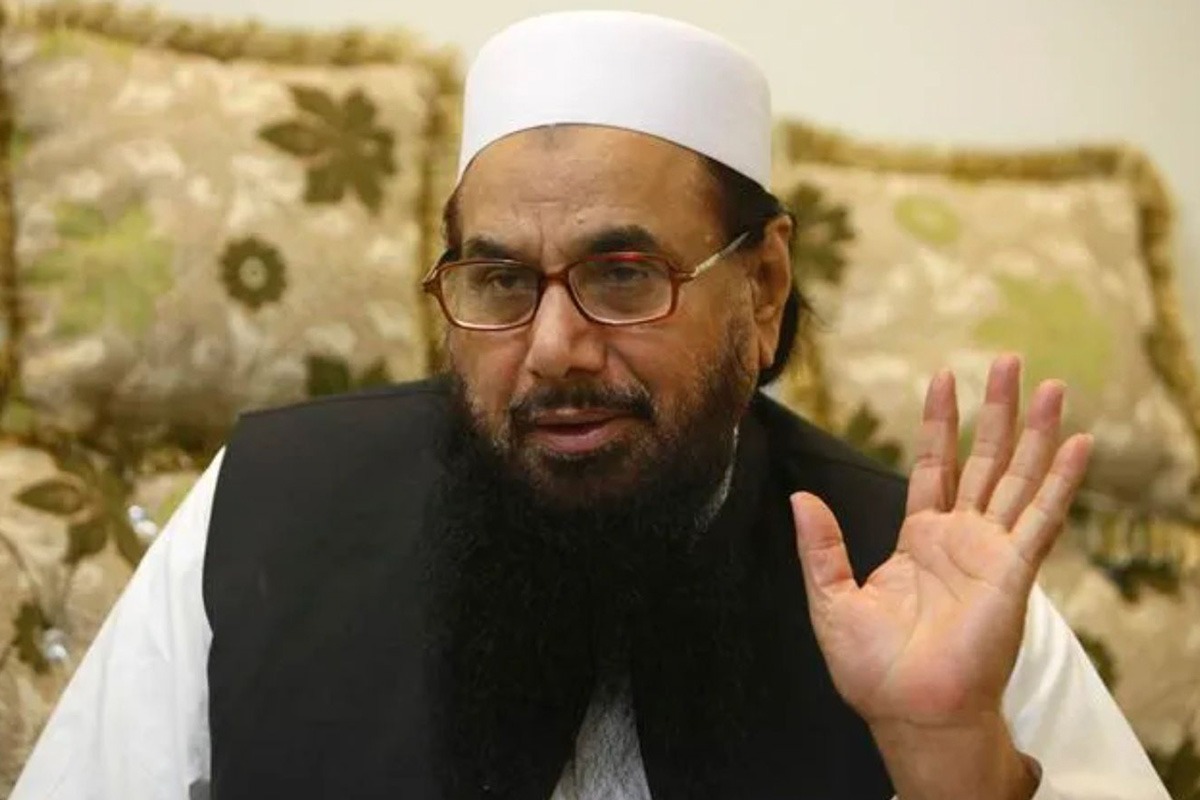The Ministry of External Affairs of India has officially requested Pakistan to extradite Hafiz Saeed, the founder of Lashkar-e-Taiba (LeT) and the mastermind of the 26/11 Mumbai attacks, which killed 166 people and injured over 300 in 2008. Saeed is listed as one of India’s most wanted terrorists, with a $10 million bounty placed by the US for his involvement in the Mumbai attacks, as well as other terrorist activities in India and Afghanistan.
The extradition request by India is not a new one, but a repeated one, as India has been demanding Saeed’s extradition for over a decade, without any success. The main reason for this impasse is the absence of an extradition treaty between India and Pakistan, which makes the legal process of handing over a fugitive difficult and uncertain. Moreover, Pakistan has been reluctant and evasive in taking any concrete action against Saeed, despite mounting international pressure and evidence of his role in terrorism.
Saeed, who heads the banned terror group LeT, faces heinous charges in several terror attacks including the 26/11 Mumbai terror attack. He was first arrested in July 2019, just months before Pakistan’s review by the Financial Action Task Force (FATF), the global watchdog for money laundering and terror financing. He received an 11-year sentence in February 2020, for terrorism financing, but his current status is unclear, with reports suggesting he may remain free, under house arrest, or in a safe house. In April last year, a Pakistani court sentenced Saeed to another 31 years in prison, for terrorism financing. Still, the verdict was seen as a cosmetic and symbolic gesture, rather than a genuine and effective one.
Saeed’s son, Talha Saeed, who has been declared a terrorist by India under the Unlawful Activities Prevention Act, is preparing to contest the upcoming general elections in Pakistan, under the banner of the Milli Muslim League (MML), the political wing of LeT. This raises serious questions about the credibility and legitimacy of Pakistan’s democracy and its commitment to counter-terrorism.
The extradition of Hafiz Saeed is a test of Pakistan’s commitment to counter-terrorism, and its willingness to cooperate with India and the international community in bringing the perpetrators of the Mumbai attacks to justice. The extradition of Saeed would not only be a legal and moral obligation but also a strategic and diplomatic gesture, that could pave the way for a constructive and peaceful dialogue between India and Pakistan.
The extradition of Hafiz Saeed is also a test of the international community’s resolve and responsibility in holding Pakistan accountable for its actions and inactions in the fight against terrorism. The international community, especially the US, China, and the UN should exert pressure and influence on Pakistan to comply with the extradition request, and to take decisive and irreversible steps to dismantle the terror infrastructure and networks operating from its soil.
The extradition of Hafiz Saeed is a long overdue and much-needed step towards peace and stability in the Indian subcontinent, and towards the elimination of the scourge of terrorism that threatens the security and prosperity of the region and the world.










